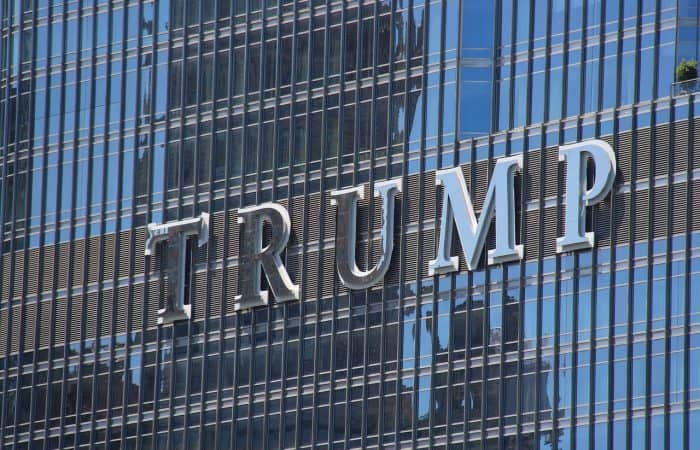More than two years ago, Russia invaded Ukraine. Since then, the European Union has adopted 13 sanctions packages against the Russian Federation. The 12th and 13th sanctions packages are partly aimed at preventing circumvention of existing sanctions, inter alia by adding non-Russian companies to the sanctions list. Read this article for a complete overview of all packages.
To further prevent circumvention, the European Union included the ‘no re-export to Russia’ provision in EU Regulation 833/2014 on restrictive measures in response to Russia’s actions destabilising the situation in Ukraine.
The ‘no re-export to Russia’ clause in a nutshell
Article 12g of EU Regulation 833/2014 concerns the ‘no re-export to Russia’ provision. This provision aims to counter circumvention of EU export bans, and more specifically preventing re-export to Russia of goods exported to third countries. Under this provision, exporters supplying customers located outside the European Union and certain partner countries (United States, the United Kingdom, Japan, South Korea, Australia, Canada, New Zealand, Norway and Switzerland) listed in Annex VIII of Reg 833/2014 are required to include a ‘no re-export to Russia’ clause in contracts covered by Article 12g.
This clause specifically targets ‘sensitive goods’, including goods related to aviation, jet fuel (Annexes XI, XX to the Regulation), firearms (Annex XXXV to the Regulation, as well as Annex I to Regulation (EU) 258/2012) and common high priority items (Annex XL to the Regulation). Exporters may not sell their products to companies in third countries that are unwilling to include a ‘no re-export to Russia’ clause in contracts covered by Article 12g. Exporters are free to choose the appropriate wording for the ‘no re-export to Russia’ clause, as long as the result meets the requirements of Article 12g. For instance, the contract should also include ‘appropriate remedies’ if the third-country buyer were to breach the ‘no re-export to Russia’ clause. Moreover, in the event of such a breach, an exporter is obliged to notify the competent authority of its own Member State of a breach of the ‘no re-export to Russia’ clause.
In practice
Contracts of EU exporters must comply with the obligation of Article 12g before or at the latest at the time of export, sale, delivery or transfer of the relevant goods to a third country. Exporters must be able to prove this if requested by national competent authorities. The following applies to existing contracts:
- Contracts concluded before 19 December 2023:
Contracts that were already concluded when Council Regulation (EU) 2023/2878 came into force benefit from a one-year transition period until 19 December 2024 included or until the contract’s expiry date, whichever is earliest. For any execution of these contracts as of 20 December 2024, they need to be amended to include the “no re-export to Russia” clause.
- Contracts concluded as of 19 December 2023:
These contracts must contain the “no re-export to Russia” clause as of 20 March 2024.
If companies cannot exclude with certainty that certain goods they are dealing with are covered by Article 12g, it is recommended to include a ‘no re-export to Russia’ clause.
More information
Do you have any questions, or should you need help drafting a ‘no re-export to Russia’ clause? If so, please contact one of our colleagues from Customs, Sanctions and Export Control:




